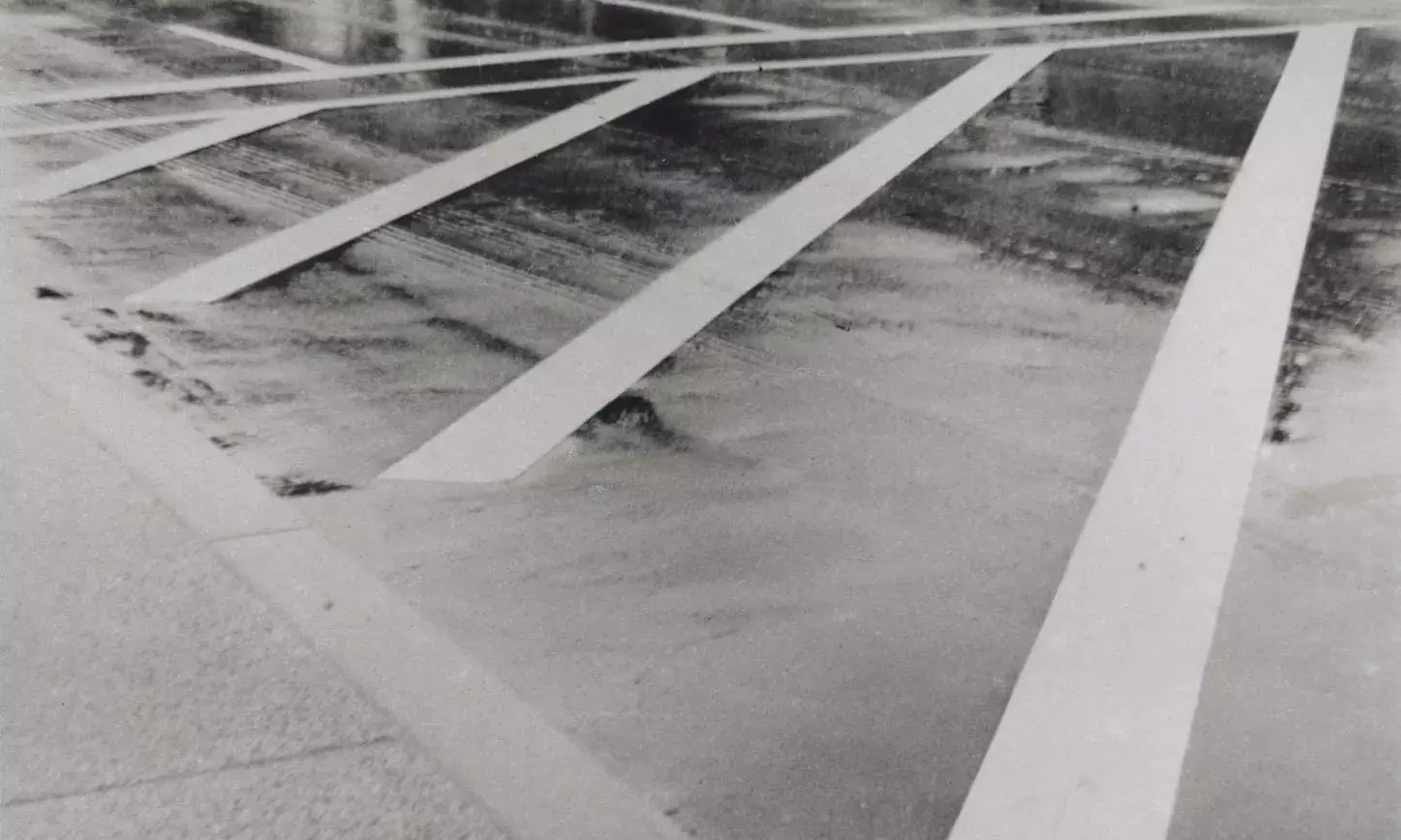On the 9 Year Old Killed By His Teacher
Not a word of condemnation has come

A nine year old Dalit boy died on Saturday after one of his teachers allegedly assaulted him for touching a drinking water pot in a private school in Rajasthan, police said.
The incident took place on July 20 at a private school in Surana village in the Jalore district of Rajasthan. The injured child, Indra Meghwal, was taken to a hospital in Ahmedabad for treatment. However, he died in the hospital during treatment last Saturday, police officials said.
Many decades ago, Dr B.R Ambedkar and Babu Jagjivan Ram had written about a similar kind of incident which occurred in their lives as school going children. Both of them were prohibited to drink water from the common pot or pitcher which was meant for the caste Hindus. They did try to defy such practices and it is only fortunate that they weren't killed for their act back then.
It is indeed a glorious moment that we Indians are celebrating our 75 years of Independence from colonial rule, yet we all fail to acknowledge the existence of a social evil: the caste system which continues to persist amongst us even in institutions of learning. The country may have taken giant strides and is on the path to continuous progress, but interestingly the mindset of the people has not changed when it comes to caste, and because of such practices the country remains regressive in terms of social justice.
Ambedkar writes about this system of untouchability, casteism and segregation in his book The Untouchables. He states that:
"It is not a case of social separation, a mere stoppage of social intercourse for a temporary period. It is a case of territorial segregation and of a cordon sanitaire putting the impure people inside a barbed wire into a sort of a cage. Every Hindu village has a ghetto. The Hindus live in the village and the Untouchables in the ghetto."
This line holds significance even today as the concept of social segregation and social exclusion is still being practiced by caste Hindus not only in villages but also in premises such as educational institutions which are supposed to be teaching the concept of anti-untouchability and the principle of equality to school going children. Yet the same institutions indulge in upholding the supremacy of caste dynamics through such discriminatory practices as allowing separate water pots for different castes.
The teacher who was supposed to uphold the principles of equality and fraternity, indulged in the practice of untouchability. And as a result, the little nine year old child has been killed. The administration too, in spite of repeated protests, delayed the process of filing an FIR.
But the buck doesn't stop here, because the administration reportedly sided with the teacher and asked the victim's family to settle for a compromise. It is atrocious and shameful to note that the administration has resorted to the principle of seeking a compromise instead of assuring them justice even after such a heinous act had taken place.
The role of authorities in combating this issue comes into the spotlight. Anti-caste activists have argued that the Prevention of Atrocities Act is not implemented strictly since the upper castes have had a nexus and an understanding with the police officials and the local administration.
The police also often belong to the same caste as the perpetrators and are sometimes hesitant in filing cases mainly not to disturb the caste dynamics in the villages. It is only after they get to know the severity of the issue that they proceed with the filing of cases and also after pressure from the organizations which take up these issues without an iota of compromise.
Even as the government is actively promoting 75 years of independence through its Azadi ka Amrit Mahotsav programs, it remains a mute spectator when it comes to caste related atrocities. Not a word of condemnation has come from the leaders of top political parties barring the Dalit outfits and other anti-caste organizations who have taken up the case actively and to ensure that justice is served to the young boy's family.
The coronavirus pandemic is coming to an end, yet there seems to be no end to the menace of caste virus which continues to take lives. The discrimination is just everywhere: from denying access to burial grounds to preventing them from hoisting flags as elected political representatives. The system continues to reek of the caste system, which remains one of the most notoriously, successful and longest running frauds in our history which seeks to oppress and divide people in the name of caste.
It is indeed sad to know that the majority of Indians still remain silent when it comes to caste and even the governments so far have not worked to eradicate the caste system. It seems like nothing really changes and incidents like Hathras and Jalore will make headlines for some time, and no one will bother about it after a few days because nothing really changes.
Caste is indeed deeply entrenched in our society and it is something which most certainly has its roots in religion. And when something has its roots in religion, it needs a consistent and sincere effort to really remove it.
Keerti Nathan is a Mahatma Gandhi National Fellow



